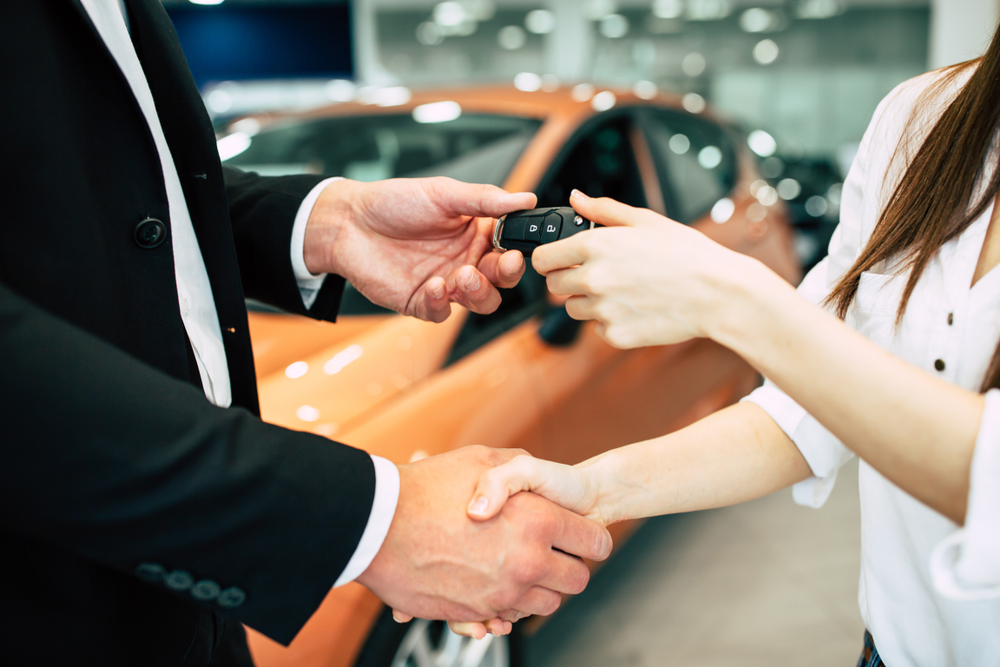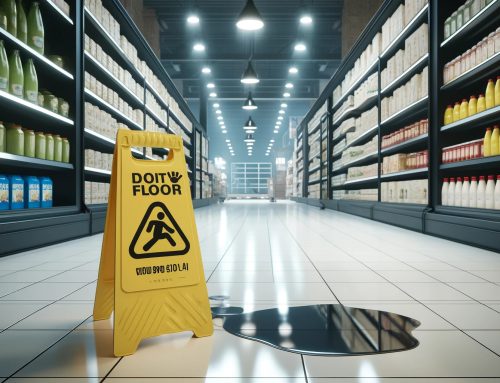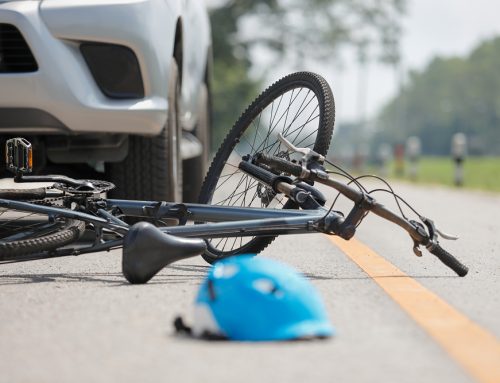Car accidents can be stressful and confusing, but the situation can become even more complicated when a leased car is involved. If you’re interested in a car accident while driving a leased car, it’s important to understand your rights and responsibilities.
First and foremost, it’s essential to remember that you are still responsible for the car while it’s in your possession, even if you don’t own it outright. This means that you are responsible for any damage to the vehicle, whether it was your fault or not.
If another driver caused the accident, you’d need to file a claim with their insurance company. However, if the accident was your fault, you’ll need to file a claim with your insurance company and pay for any out-of-pocket damages unless you have a collision coverage policy.
It’s also important to notify the leasing company as soon as possible after the accident. They will likely have specific requirements for reporting accidents and damages, and failure to follow these requirements could result in additional charges or even the termination of your lease.
Sometimes, the leasing company may require you to pay for any damages upfront and then seek reimbursement from the other driver’s insurance company. Therefore, keeping good records and documentation of all communication and expenses related to the accident is essential.
It’s also worth noting that, depending on the terms of your lease, you may be required to carry higher insurance coverage. This is because leased cars are typically more expensive to repair or replace than owned cars, so the leasing company wants to ensure that they are fully protected in the event of an accident.
In summary, car accidents involving leased cars can be complex, but it’s important to stay calm, follow the proper procedures, and keep good records. Doing so can help protect yourself and ensure that any damages are correctly handled.
In addition to the steps outlined above, there are a few other things to keep in mind when dealing with car accidents involving leased cars:
- Keep an eye on your credit score: If you cannot pay for damages out-of-pocket, the leasing company may report the unpaid balance to the credit bureau. This can hurt your credit score.
- Be prepared for additional fees: Depending on the terms of your lease, you may be charged for things like loss of use or diminished value. These fees can add up quickly, so it’s important to understand what you may be responsible for.
- Consider getting an attorney: If you’re involved in a car accident that wasn’t your fault, it may be worth getting an attorney to help you navigate the process. An attorney can help you get your deserved compensation and protect your rights.
- Review your insurance coverage: If you’re leasing a car, it’s a good idea to review your insurance coverage to ensure you have the right level of protection. This can help you avoid unexpected costs in the event of an accident.
Overall, car accidents involving leased cars can be stressful, but with the right knowledge and preparation, you can navigate the process smoothly and protect yourself and your financial interests. If you need a car accident attorney in a leased car, call Tucker Law today at 1-800-TUCKERWINS.








